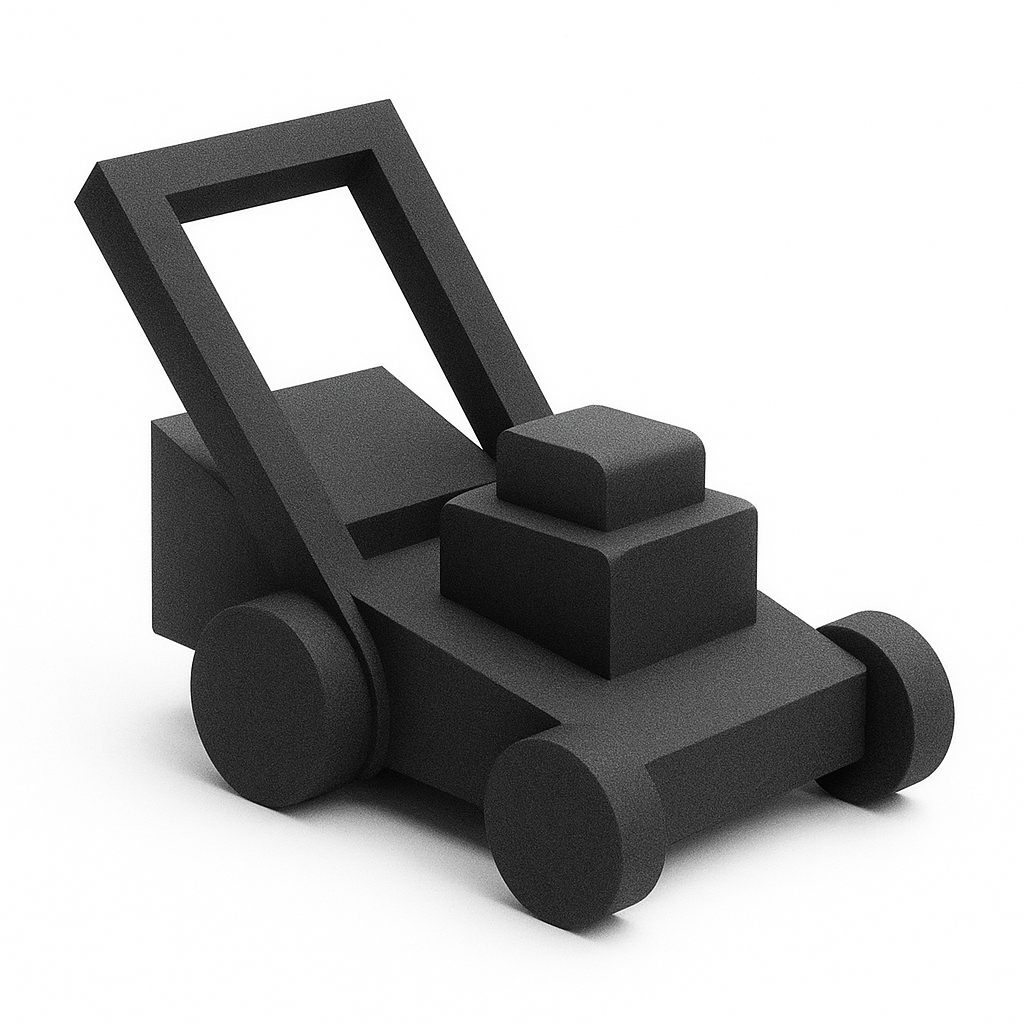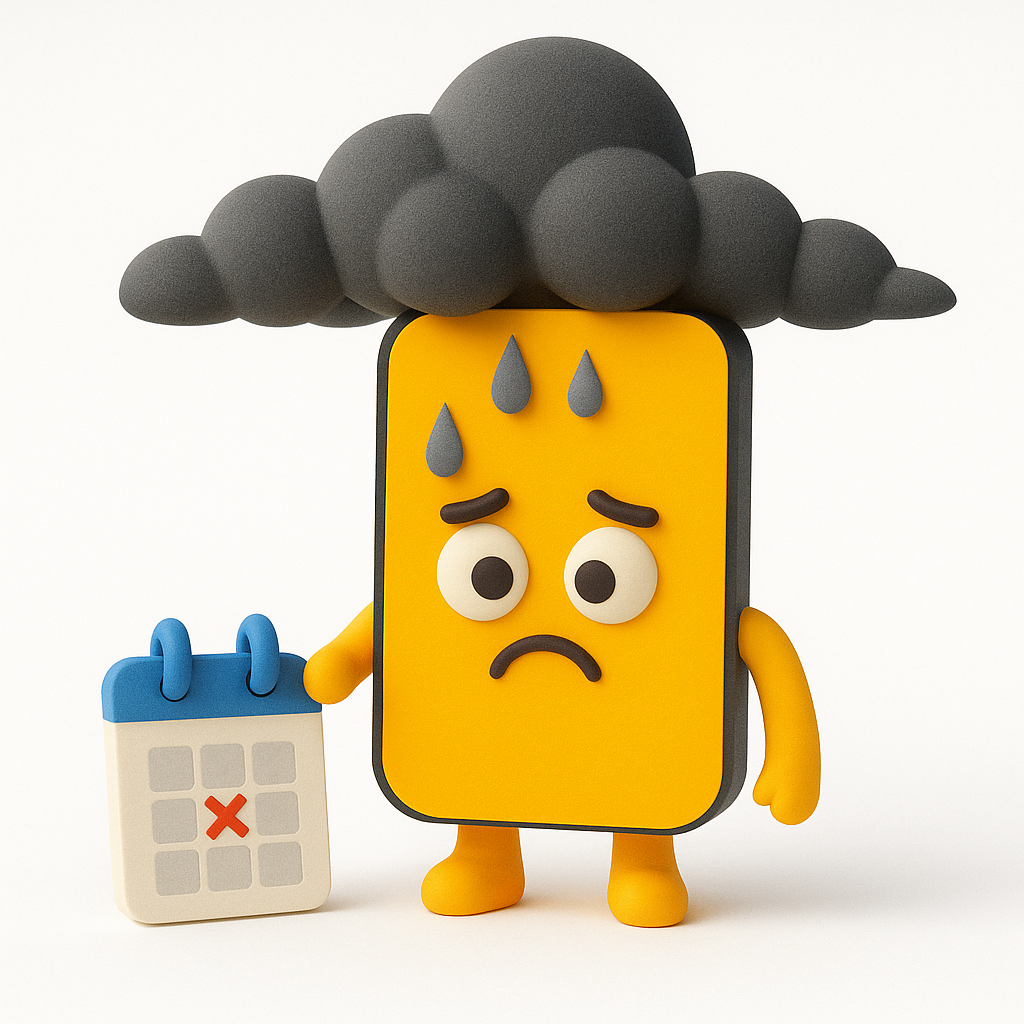
Professional Solopreneur
There’s this weird assumption that working alone means working amateur.
Customers expect solo service providers to be less organized, less professional, less reliable than companies with teams.
This assumption kills businesses.
The Professionalism Tax
When you’re a one-person operation, you pay the professionalism tax every day.
You answer your own phone during other appointments. You do your own scheduling between actual work. You handle your own customer service when you’d rather be working.
Big companies have people for each of these jobs. You are all of these people.
The tax isn’t just time. It’s perception. When you’re scrambling to reschedule six appointments by text message, you look reactive. Unprepared. Amateur.
Even though the weather isn’t your fault.
Looking Bigger Than You Are
The best solopreneurs don’t try to hide that they’re solo. They just operate so professionally that size becomes irrelevant.
Prompt communication. Clear scheduling. Professional templates. Consistent follow-up.
Samuel doesn’t pretend to have a team. But when he reschedules appointments, his customers get messages that look like they came from a company with dedicated customer service staff.
Your customers don’t care if you’re a one-person business or a hundred-person company. They care about reliability and communication.
The One-Person Advantage
Here’s what big companies can’t do: move fast.
When you need to change direction, you don’t need approval from three managers. When a customer has a special request, you don’t need to check company policy. When something goes wrong, you fix it immediately.
Solo doesn’t mean amateur. It means agile.
The key is operating with the professionalism of a big company while keeping the speed and flexibility that only comes from being small.
Tools for One
Most business software assumes you have a team. CRMs with lead scoring for sales teams you don’t have. Project management for delegating tasks you do yourself.
Solo entrepreneurs need tools built for one. Simple, fast, professional.
Software that makes you look prepared instead of reactive. That handles the administrative overhead so you can focus on the work that actually pays.
That’s why Skidooly exists. Not to make you look like a big company. To help you be the best version of your one-person business.
Professional Standards
Professional doesn’t mean big. It means reliable, organized, and respectful of your customers’ time.
It means when life throws curveballs, you handle them smoothly. When schedules need to change, your communication is clear and timely. When problems arise, you solve them quickly.
You can deliver all of this as a team of one. You just need the right tools and the right mindset.
Being solo isn’t a limitation. It’s a business model. Own it.
How do you maintain professionalism as a solo business? Share your approach.

